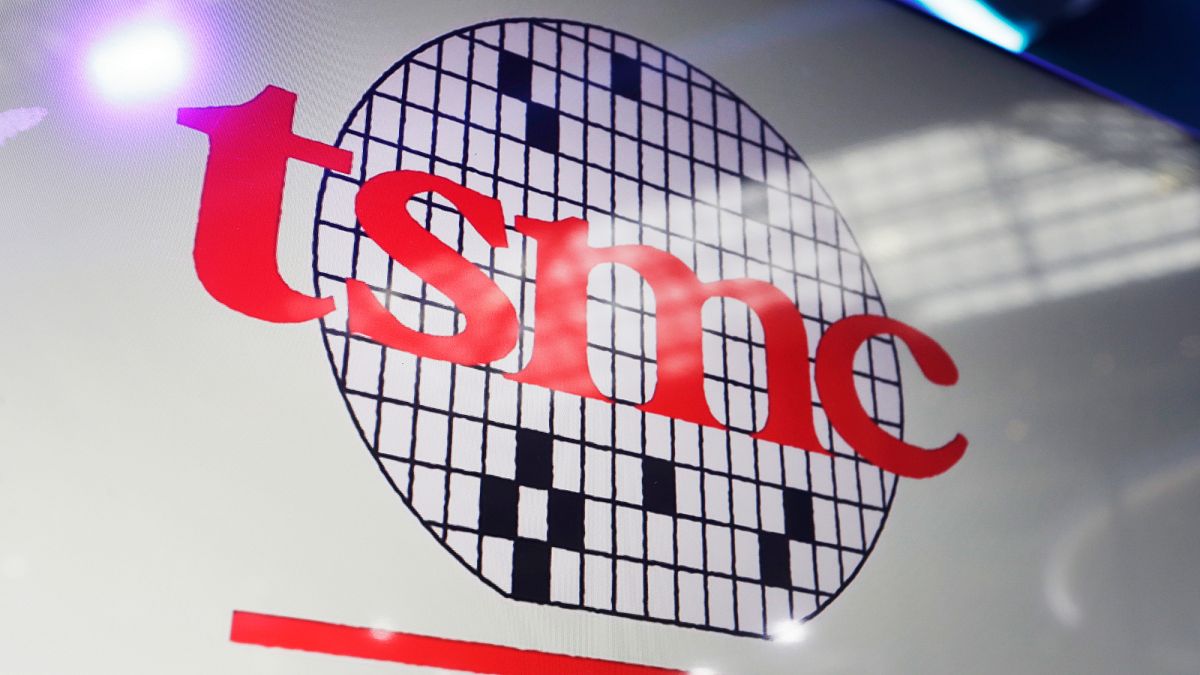TSMC Faces New Challenges Amid US-China Trade Tensions
Published on
03/09/2025 – 12:46 GMT+2
In a significant move that signals escalating tensions between the U.S. and China, Washington has revoked Taiwan Semiconductor Manufacturing Company (TSMC)’s authorization to freely ship essential equipment from the U.S. to China. This change, effective 31 December, alters the landscape for one of the world’s most critical semiconductor manufacturers and highlights the intensifying competition in advanced technology sectors.
Impact on TSMC and its Operations in China
TSMC’s Nanjing facility, which focuses on older-generation chip production, is set to be directly affected by this policy change. Previously enjoying “validated end user” status, TSMC now faces a situation where future shipments will require export licenses, leading to potential production delays. The complexity of the semiconductor supply chain means that even minor disruptions can have ripple effects throughout the industry.
While TSMC has assured its commitment to maintaining operations in Nanjing, the new licensing requirements raise concerns about manufacturing efficiency. The company stated, “While we are evaluating the situation and taking appropriate measures, including communicating with the US government, we remain fully committed to ensuring the uninterrupted operation of TSMC Nanjing.”
Broader Context: U.S.-China Competition
This decision comes amid an ongoing technology race between the U.S. and China. As both nations vie for dominance in advanced technologies, the semiconductor sector has become a key battleground. The Biden administration’s 2022 restrictions on China’s semiconductor industry aimed to curb the nation’s technological advancements. However, major firms like TSMC were granted waivers in exchange for informing the U.S. government about certain operations.
Recently, the Trump administration’s decision to limit shipments from South Korean giants Samsung and SK Hynix to China further escalated tensions. These restrictions signify a strategic move by the U.S. to control the flow of technology that could bolster China’s manufacturing capabilities.
Trade Talks and Tariffs
Amid these developments, U.S.-China trade talks continue to evolve. On 12 August, both countries agreed to temporarily lower tariffs on each other for 90 days, a gesture aimed at reducing escalating tensions. However, with the semiconductor industry remaining a flashpoint, it raises the question of how effectively negotiation can resolve these wider issues.
Uncertainties in Licensing and Manufacturing
The U.S. Bureau of Industry and Security (BIS) has indicated that it “does not intend to grant licenses to expand capacity or upgrade technology at fabs in China.” This statement leaves substantial uncertainty regarding how quickly the U.S. government will process any new licensing requests. Delays could significantly impact TSMC’s manufacturing timelines, leading to further complications in meeting global demands.
Potential Repercussions for Innovation in China
Critics argue that such restrictions may not only hinder China’s chip-making capabilities but could inadvertently stimulate innovation within the country. As firms are compelled to seek out local suppliers or develop their own technologies due to these limitations, it may foster a new wave of domestic innovation. Companies might pivot away from reliance on foreign technology, creating a more self-sufficient semiconductor industry.
TSMC’s Commitment to Advanced Technology
Despite these challenges, it’s important to note that TSMC’s most advanced chip production continues to take place in Taiwan and the U.S., rather than in China. This strategic choice underscores the company’s focus on maintaining its leadership position in advanced semiconductor manufacturing, even amidst a shifting geopolitical environment.
As the semiconductor landscape continues to reshape in response to political dynamics, both the U.S. and China will need to navigate carefully to avoid further disruptions that could affect not just firms like TSMC, but the entire tech ecosystem globally.



